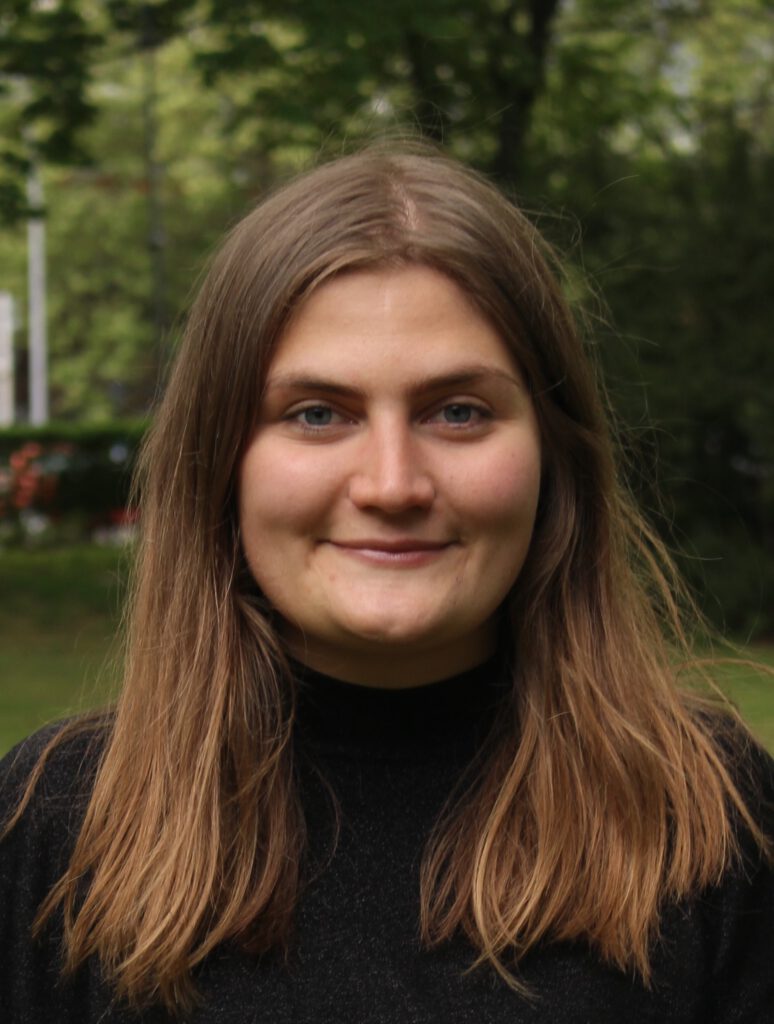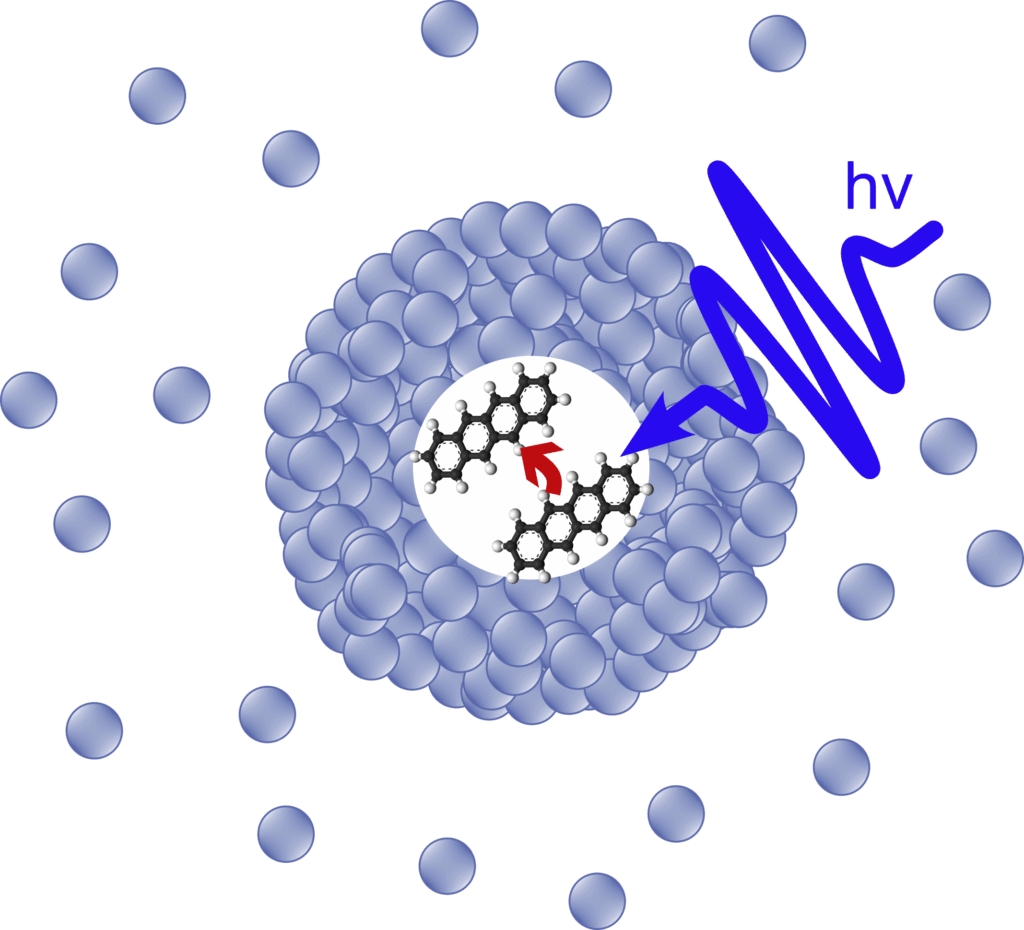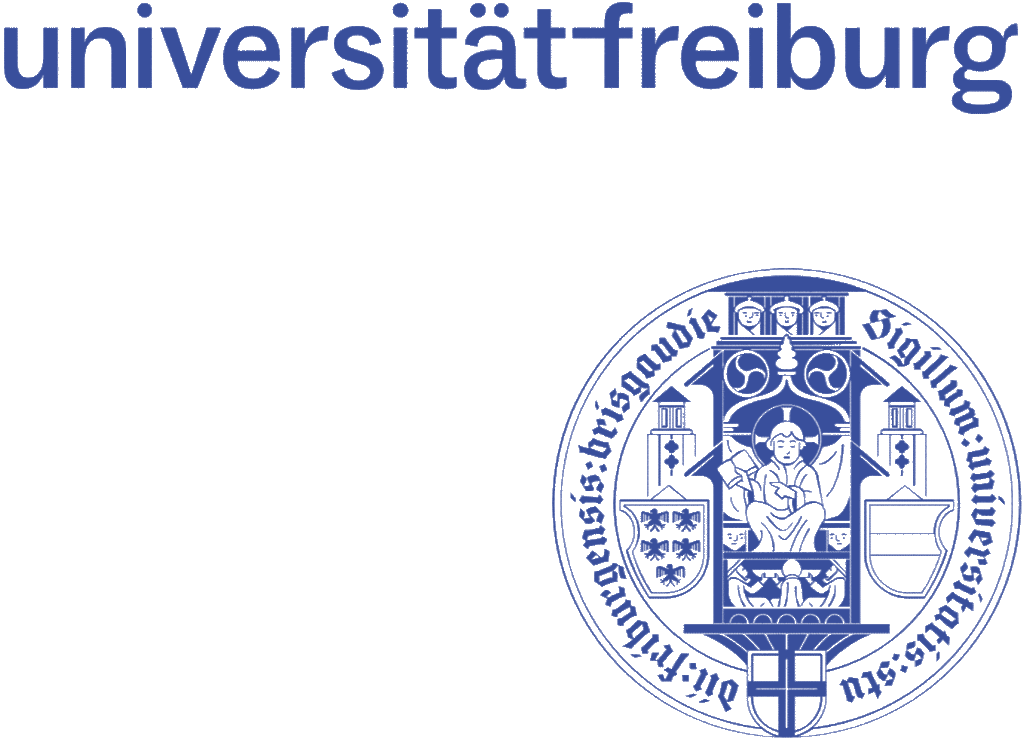
University of Freiburg
Institute of Physics
Experimental Coherent Nonlinear Spectroscopy
leonie.werner(at)physik.uni-freiburg.de
Time-resolved spectroscopy of energy transfer in isolated molecules and molecular complexes
Organic molecules such as polycyclic aromatic hydrocarbons are currently viewed as promising materials for applications in organic semiconductor technologies [1]. For further scientific progress in this field, it is essential to gain detailed insights into the electronic structure, relaxation dynamics, collective processes and the influence of the surrounding environments on these properties.
This project focuses on the investigation of energy transfer in organic molecular systems by employing different spectroscopic methods such as light induced fluorescence and photoelectron spectroscopy. By combining these methods with a cluster isolation technique [2,3], we can study cold, well-defined molecular species ranging from isolated molecules to controlled molecular aggregates. This approach further allows us to systematically explore how different environments influence the inter- and intramolecular relaxation dynamics. A central aspect of this project is the implementation of experimental schemes that are capable of identifying singlet fission pathways and can distinguish them from intersystem crossing processes in organic molecular complexes (e.g. tetracene dimers, Fig. 1).

[1] Q. Li, Y. Zhang, Z. Xie, Y. Zhen, W. Hu, and H. Dong, J. Mater. Chem. C (2022), 10, 2411-2430
[2] J. P. Toennies, A. F. Vilesov Angew. Chem. Int. Ed (2004), 43, 2622-2648
[3] J. Mestdagh, M. Gaveau, C. Gee, O. Sublemontier, and J. Visticot, Int. Rev. Phys. Chem. (1997), 16, 215–247



